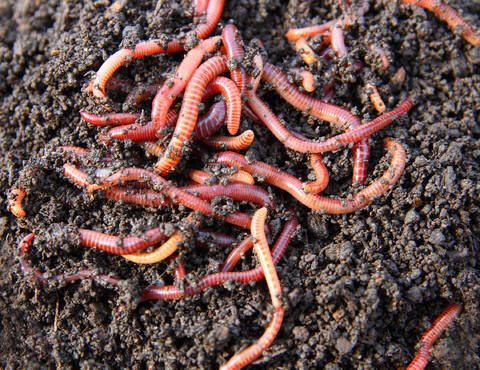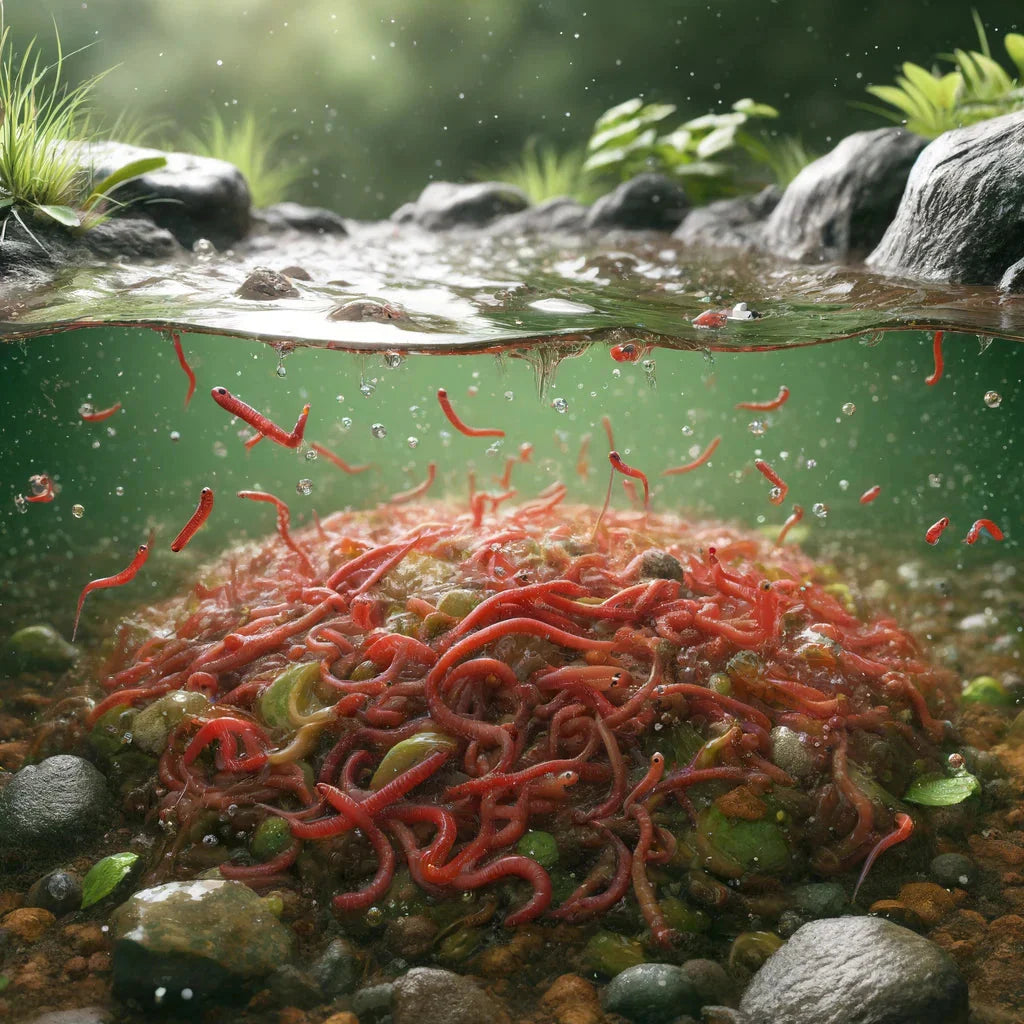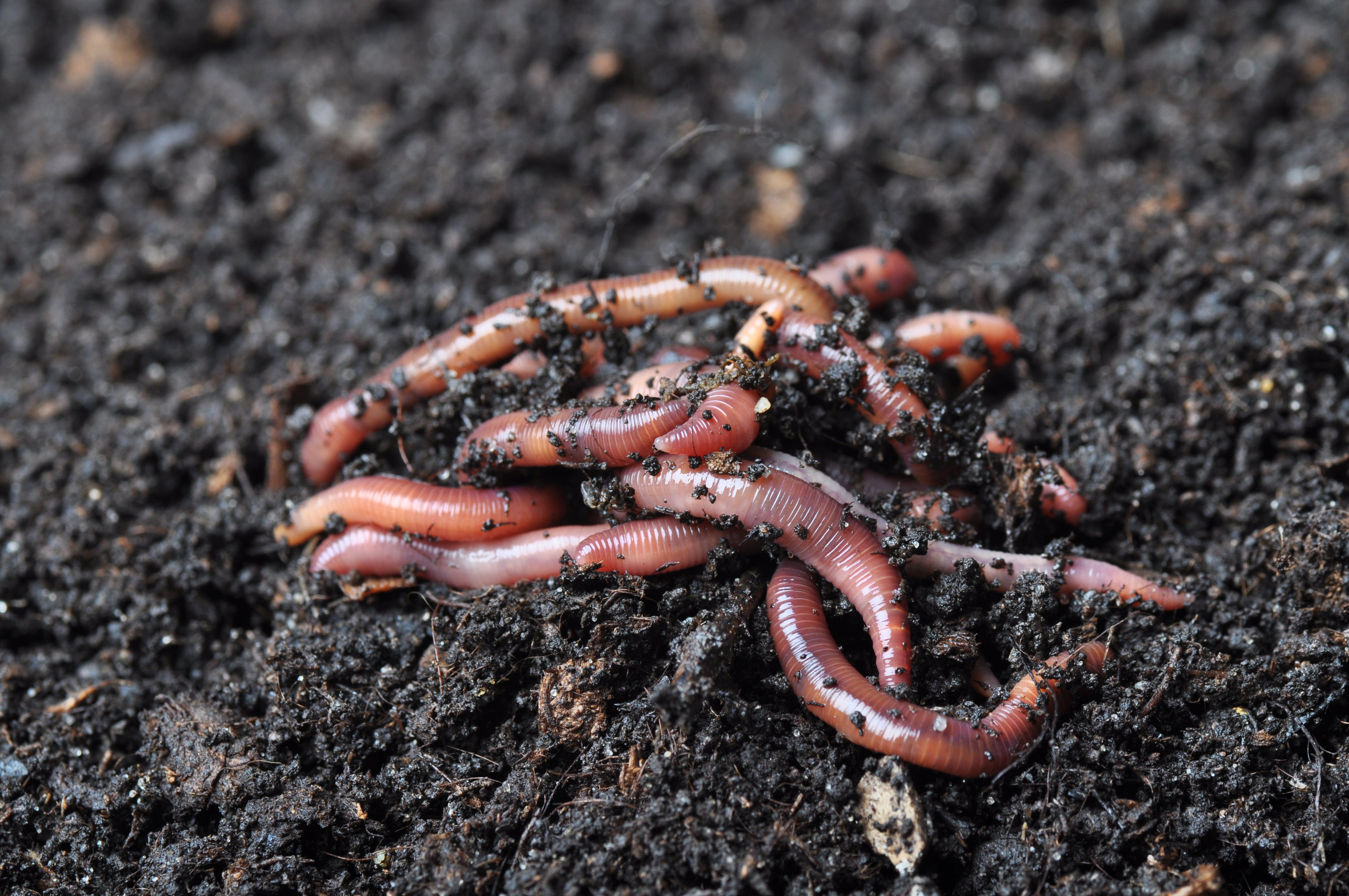Healthy red worms: Step-by-step guide
Healthy red worms: Step-by-step guide
Blog Article
The Function of Red Wigglers in Lasting Horticulture
The integration of red wigglers into sustainable gardening methods supplies an engaging approach to enhancing soil health and wellness and lowering organic waste. These microorganisms not just transform kitchen scraps into nutrient-dense compost through vermicomposting but additionally freshen the dirt, advertising optimum problems for plant development. As they damage down facility natural products, they proactively promote a growing microbial ecological community important for sustainable agriculture. The ramifications of using red wigglers prolong beyond mere composting; their duty in forming an extra lasting future warrants a deeper expedition of their advantages and useful applications.
Understanding Red Wigglers
Red wigglers, medically referred to as Eisenia fetida, are a species of earthworm renowned for their duty in sustainable horticulture and composting practices - red wigglers. These worms grow in disintegrating organic issue, making them particularly efficient in transforming kitchen area scraps and yard waste right into nutrient-rich compost. Unlike standard earthworms, red wigglers have a higher resistance for differing wetness degrees and can prosper in settings with plentiful organic product
(red wigglers near me)Characteristically, red wigglers are smaller than their earthworm equivalents, generally gauging between 3 to 4 inches in length. They possess a reddish-brown pigmentation and have a fractional body structure that helps in their burrowing and feeding tasks. These organisms are hermaphroditic, implying each individual possesses both male and women reproductive organs, which permits efficient populace growth under ideal conditions.
The environment choices of red wigglers include moist, dark settings rich in natural web content, such as garden compost bins or worm ranches. Their ecological duty extends past composting; they are integral in freshening the dirt and assisting in nutrition biking, which inevitably contributes to much healthier yard environments. red wigglers. Understanding the biology and actions of red wigglers is necessary for those seeking to apply efficient vermicomposting in lasting horticulture
Benefits of Vermicomposting
Vermicomposting deals various benefits that enhance lasting gardening methods and contribute to ecological health. Among the primary advantages is the transformation of natural waste right into nutrient-rich compost, which boosts soil framework and fertility. The castings generated by red wigglers are packed with valuable microorganisms and crucial nutrients, making them an outstanding all-natural plant food.
Additionally, vermicomposting substantially reduces garbage dump waste. By drawing away cooking area scraps and yard waste from garbage dumps, this technique not just minimizes methane discharges-- a powerful greenhouse gas-- but also promotes a round economic situation, where waste is repurposed as a resource.
Another advantage is the improvement of dirt oygenation and drainage (red wigglers). The burrowing activity of red wigglers produces channels in the soil, enabling air and water to permeate even more conveniently, hence fostering a healthier root system for plants
Furthermore, vermicomposting can be done on a little scale, making it obtainable for urban gardeners and those with minimal area. This technique motivates ecological stewardship and understanding, as individuals end up being much more engaged with their waste administration practices. Ultimately, vermicomposting represents a lasting, reliable, and environmentally friendly technique to gardening that benefits both plants and the planet.
How to Beginning Vermicomposting
Beginning your very own vermicomposting system can be a satisfying venture that improves your sustainable gardening techniques. To start, choose a suitable container, such as a plastic bin or wood box, with excellent drain and ventilation. The size will certainly depend upon the volume of kitchen scraps you create; a container of 10-14 gallons usually is enough for a household.
Following, prepare the bed linen material. Shredded paper, cardboard, and coconut coir are superb alternatives, supplying a comfortable environment for the red wigglers. Purpose for a bed linen depth of concerning 4-6 inches, which ought to be wet however not soggy.
As soon as the bed linen is developed, introduce your worms. Red wigglers (Eisenia fetida) are one of the most appropriate for composting. Start with about one pound of worms for every 2-3 pounds of cooking area scraps weekly.
Begin adding cooking area waste, avoiding meat, milk, and oily foods, as these can attract parasites and create smells. Regularly check the bin's dampness levels and temperature, guaranteeing it remains within the suitable range for worm activity. With these first steps, you'll be well on your method to developing nutrient-rich compost for your garden.
Keeping a Healthy Worm Bin
A growing worm container requires constant treatment and attention to preserve an optimum environment for the red wigglers. Secret aspects to monitor include wetness degrees, temperature level, and food supply. Maintaining a wetness degree comparable to a wrung-out sponge is crucial; excessive water can bring about anaerobic problems, while inadequate can dehydrate the worms.
Temperature is likewise important, as red wigglers grow in a variety of 55 to 77 degrees Fahrenheit. Extreme temperatures can stress the worms, potentially resulting in mortality. As a result, putting the container in a climate-controlled location or using insulating products can assist control temperature level changes.

Finally, aeration is crucial. Routinely transforming the bed linens and utilizing a fork or shovel can protect against compaction and promote air flow, ensuring a healthy and balanced, growing environment for the red wigglers. By sticking to these techniques, gardeners can preserve an effective worm bin that supports sustainable horticulture initiatives.
Effect On Soil Wellness
Enhancing soil health through the use of red wigglers is a fundamental aspect of lasting horticulture. By eating natural issue, red wigglers damage down complicated products into easier compounds, a process recognized as vermicomposting.

(Western North Carolina Worm Farms)Research studies have revealed that soils enriched with worm spreadings exhibit raised microbial task and improved fertility, bring about higher crop yields. By including red wigglers into horticulture methods, gardeners not just enrich their dirt but also add to a much more lasting agricultural system, stressing the interconnectedness of soil health and wellness and ecological stewardship.

Final Thought
Finally, red wigglers considerably contribute to visit this page lasting horticulture via their reliable vermicomposting techniques. Their capacity to convert organic waste right into nutrient-rich garden compost improves dirt fertility and sustains a varied microbial ecological community. Furthermore, their burrowing activity improves soil aeration and water retention, profiting plant wellness. By advertising waste reduction and fostering a circular economy, red wigglers arise as essential components in eco-friendly gardening campaigns, emphasizing their essential function in environmental sustainability.
Report this page